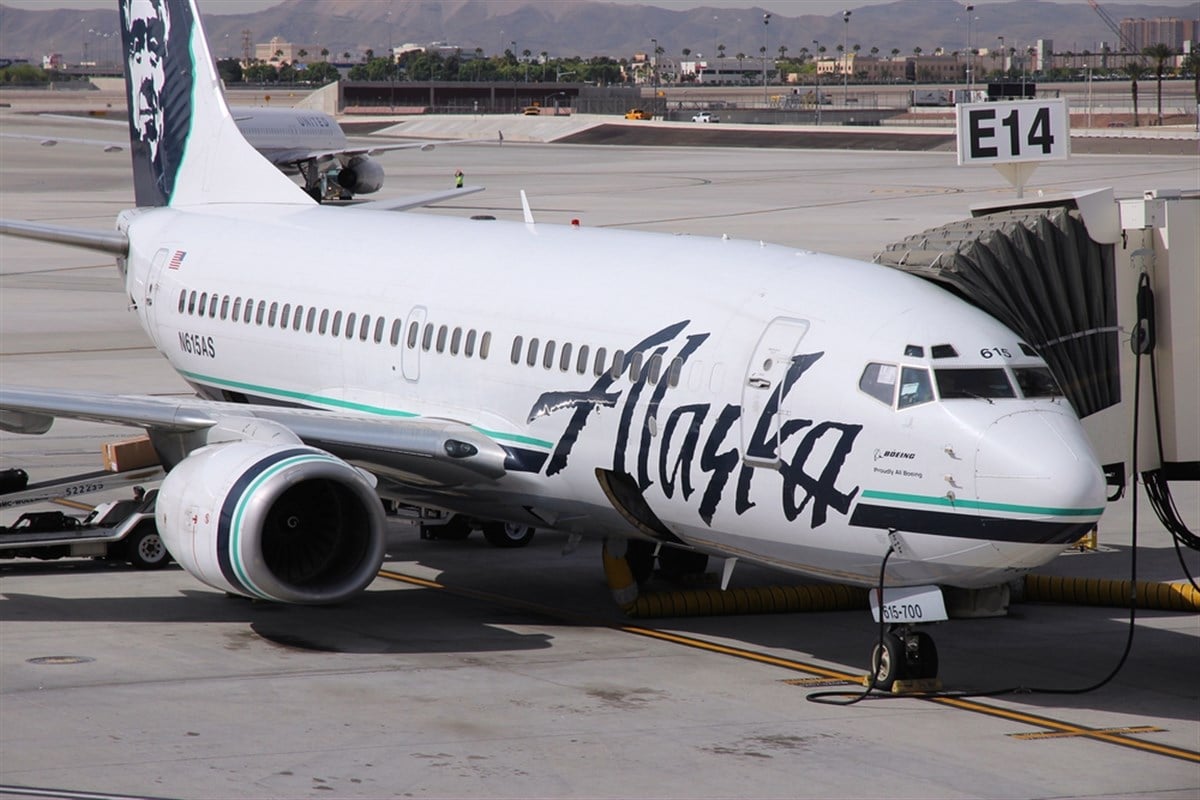Financial News
More News
View More
3 of the Most Important Charts to Watch Right Now ↗
January 07, 2026
Rocket Lab’s Rally Isn’t Random—Big Catalysts Are Ahead ↗
January 07, 2026
Sable Offshore: The Court Ruling That Changes Everything ↗
January 07, 2026
Hey SoundHound—Why Is Your Stock Suddenly on Fire? ↗
January 07, 2026
Recent Quotes
View More
Stock Quote API & Stock News API supplied by www.cloudquote.io
Quotes delayed at least 20 minutes.
By accessing this page, you agree to the Privacy Policy and Terms Of Service.
Quotes delayed at least 20 minutes.
By accessing this page, you agree to the Privacy Policy and Terms Of Service.
© 2025 FinancialContent. All rights reserved.









